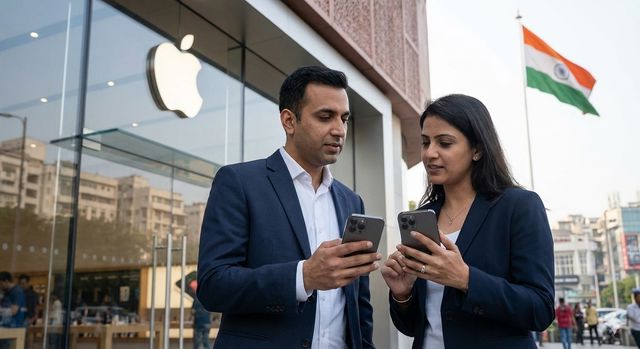For the first time in history, the United Nations Security Council has convened a special session to address the growing threat posed by commercial spyware to global diplomacy and international security. This landmark discussion highlights the increasing concern over the widespread use of surveillance tools by state and non-state actors.
Alarming Findings
During the discussion, Google’s Threat Analysis Group (TAG) presented key findings that underscore the gravity of the situation:
- Proliferation of Commercial Spyware: Approximately 40 commercial surveillance firms are currently active in the global market.
- Exploitation of Zero-Day Vulnerabilities: In 2023, 80% of all discovered zero-day vulnerabilities were linked to commercial espionage activities.
- High-Profile Targets: The spyware was found to have compromised offices of the UK Prime Minister and the British Foreign Office, raising concerns about national security breaches.
Global Initiatives to Combat Spyware
In response to the alarming rise in spyware abuse, several international measures are being implemented:
- U.S.-Led Coalition Expands: Slovenia has become the 23rd nation to join the American-led initiative aimed at curbing commercial spyware proliferation.
- Legislative Actions: Italy and Poland have introduced new regulations to restrict the use of surveillance technologies within their borders.
- Tighter Export Controls: The United States is advocating for stricter oversight on the export of surveillance technologies to prevent their misuse.
During the session, Google’s representative emphasized that despite assurances from spyware vendors about limited use cases for law enforcement and counter-terrorism, the reality reveals widespread misuse targeting democratic institutions and political dissidents. “The deployment of commercial spyware has extended far beyond its intended purpose, threatening civil liberties and international stability,” the representative stated.
The rising misuse of commercial spyware poses significant challenges to diplomatic relations, cybersecurity, and human rights. Experts warn that unchecked surveillance technologies could further erode trust among nations and undermine efforts to promote transparency and accountability in the digital age.
The UN’s discussion marks a critical step in addressing the threats posed by commercial spyware. Continued international cooperation and stringent regulatory frameworks are essential to mitigating the risks associated with these powerful surveillance tools.


